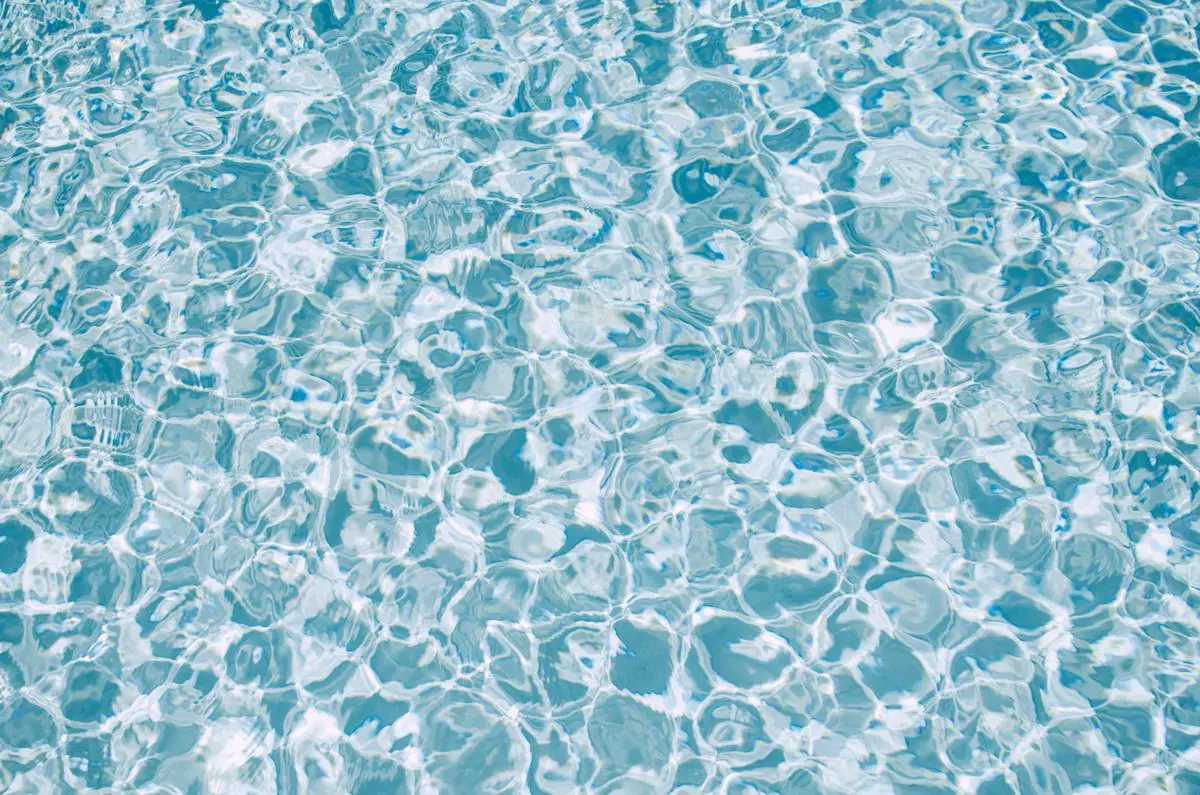We are constantly reminded of the importance of drinking sufficient water every day with the commonly touted advice being the consumption of eight glasses a day. While water is vital for the major functions of our body including regulation of temperature, removal of body wastes, and hydration of the body, can too much of it be harmful? Surprisingly, the answer is yes. Enter the condition known as hyponatremia, a potentially serious health issue caused by overhydration. This article aims to provide a comprehensive understanding of this condition, shed light on people who have personally suffered from it and furnish insights on how to optimally balance your water intake.
Understanding Hyponatremia
Understanding Hyponatremia: The Consequence of Excessive Water Intake
Hyponatremia is a medical condition that occurs when there is an abnormally low concentration of sodium in your blood, often resulting from drinking too much water. Sodium is an essential electrolyte that helps regulate water in and around your cells, maintaining stable blood pressure, supporting the function of nerves and muscles, and aiding in nutrient absorption and transport.
Excessive water intake can disrupt this balance, leading to hyponatremia. When you drink too much water, kidneys may not be able to excrete the excess water fast enough. As a result, water levels in your body rise and dilute the sodium in your bloodstream. This diluted blood can disrupt the proper functions of your cells and lead to potentially life-threatening complications.
Symptoms of Hyponatremia
Hyponatremia manifests through several physical and mental symptoms. On the physical side, it may present with nausea and vomiting, headache, shortness of breath, and in severe cases, seizures, and even coma. Some also may experience mental changes such as mood swings, hallucinations, and decreased attention span. In its most severe form, hyponatremia can lead to brain damage, coma, or even death if not promptly treated.
At-risk Populations
Certain populations are at greater risk for developing hyponatremia. These include athletes who may drink too much water in an attempt to avoid dehydration. Elderly people, who often have impaired kidney function, are also at risk. Individuals with specific health conditions such as heart failure, kidney disease, and cirrhosis are more susceptible to hyponatremia. In addition, medications such as diuretics, antidepressants, or pain medications can increase your risk.
Prevention is Key
While it’s important to stay hydrated, overhydration can be harmful. The common advice to drink eight glasses of water a day is not a one-size-fits-all rule and varies depending on individual factors such as age, sex, weight, activity level, and overall health. It’s essential to listen to your body’s signals; thirst is a reliable indicator of your body’s need for fluids. In addition, avoid drinking extreme amounts of water at a time, especially as part of a challenge or contest, which has led to fatal cases of water poisoning.
Understanding Hyponatremia and its Medical Implications
When it comes to drinking water, moderation is key. Overconsumption of water can lead to a potentially fatal condition called hyponatremia, wherein your blood’s sodium levels are dangerously low. The appropriate response to hyponatremia will hinge on the cause and severity of the condition. Mild, chronic hyponatremia might only necessitate lifestyle, diet or medication changes. On the other hand, more severe cases could require intravenous electrolyte solutions or medical intervention to manage any underlying causes. It’s crucial to seek immediate medical attention if symptoms of hyponatremia manifest.

Real Life Case Studies
Tragic Case of Overhydration in a Marathon Runner
In 2002, the endurance sports community was rocked by the tragic demise of Cynthia Lucero, a healthy 28-year-old participant in the Boston Marathon. Her unexpected collapse during the final leg of the race wasn’t triggered by the typical suspects like heart disease or heatstroke, but by overhydration. Lucero had consumed an excessive amount of water during the race, leading to hyponatremia, also known as water intoxication. With dangerously low sodium levels disrupting her bodily functions, she experienced brain swelling, fell unconscious, and tragically lost her life. This serves as a sobering reminder of the deadly consequences of water overconsumption.
Psychiatric Patient and Forced Water Intake
In a horrifying case from 2005, a male psychiatric patient was forced to drink several liters of water as part of a disciplinary action in a South Australian mental health facility. The patient, James McBride, was made to drink more than six liters of water over four hours under duress, leading to fatal water intoxication. This grim case highlighted concerns over patient treatment and brought the perils of hydration extremes to the fore.
Water Drinking Contest Ends in Tragedy
In a shocking incident from 2007, a mother of three, Jennifer Strange, partook in a radio station contest in Sacramento, California, aiming to win a Nintendo Wii for her kids. The competition, titled “Hold Your Wee for a Wii”, required participants to drink an excessive amount of water without urinating. After consuming almost two gallons of water, Jennifer Strange’s body couldn’t handle the liquid load. She fell sick, went home, and died later that day from water intoxication. Her tragic death sparked a nationwide discussion about the importance of responsible media contests and the dangers of excessive water intake.
Ecstasy User’s Overhydration Incident
Unaware of the dangers of overhydration, young people have also fallen victims. In 2013, 15-year-old Anna Wood died after taking an ecstasy pill at a rave in Sydney, Australia. Despite the drug’s reputation for inducing dehydration, Anna consumed an excessive amount of water to mitigate the pill’s effects. This led to an electrolyte imbalance, causing her brain to swell and, unfortunately, her death.
Health Fad Results in Overhydration Death
In 2015, a man from Kansas City embarked on a health journey that ended in tragedy. The man was trying to lose weight and started following a water detox diet without adequately researching it. Over several days, he drank an excessive amount of water coupled with physical exertion, which caused his body’s sodium levels to plummet dangerously. He fell into a coma and later died due to water intoxication.
To recap, through actual accounts we can see that the consumption of excess water is not only possible, but can be incredibly harmful, even fatal. The problem stems mainly from a lack of knowledge about the detrimental impact of overhydration. Thus, it’s essential for one to strive for a sensible approach towards hydration to steer clear of such negative health effects.

Finding the Balance: Recommended Water Intake
Factoring In Individual Differences in Water Intake
Water requirements can greatly differ from person to person. Various aspects such as one’s age, physical fitness, health condition, and even the region’s climate can affect the amount of water your body needs. For example, more water would be needed by those who are more physically active, like athletes, as compared to individuals living a sedentary lifestyle.
The National Academies of Sciences, Engineering, and Medicine suggests that the proper daily fluid intake stands at about 3.7 liters (or 13 cups) for men and approximately 2.7 liters (or 9 cups) for women. Do take into account that this benchmark includes intake from all food and beverages. However, remember these are merely basic outlines and a person’s water requirement can vary based on a range of factors.
Recognizing the Signs: The Importance of Balance
Maintaining the right balance of fluid is crucial for our overall health and wellbeing. When we ingest more water than our body needs, we can experience overhydration or water intoxication, which can be very harmful and in some severe cases, even fatal.
Signs of overhydration include nausea and vomiting, headache, changes in mental state such as confusion or disorientation, and in severe cases, seizures and coma. It happens when the balance between water and electrolytes in your body gets thrown off. Your kidneys can’t excrete the excess water, and the blood becomes diluted. This dilution can cause your cells to swell, which is dangerous and can lead to severe health complications.
Risks and Precautions: Staying Hydrated, Not Overhydrated
While it is essential to stay hydrated, especially during intense workouts or in hot climates, it’s equally important to avoid overhydration. Athletes are often at risk, as they are encouraged to drink a lot to prevent dehydration.
To prevent overhydration, it’s crucial to listen to your body and drink when you’re thirsty. It’s unnecessary to follow the “8×8 rule,” which suggests you should drink eight 8-ounce glasses of water a day. This rule does not take into account individual lifestyle factors and can even lead to overhydration in less active individuals.
Understanding your body’s needs and drinking accordingly is the safest way to prevent both dehydration and overhydration. If you’re unsure about your hydration status, consulting with healthcare professionals is always the best course of action.

Indeed, water, in excess, can be a double-edged sword, leading to complications such as hyponatremia. The adage that too much of something can be harmful holds true in this scenario. Through incorporating real-life stories, it becomes evident how detrimental overhydration can be. On the flip side, water also plays a crucial role in our overall wellbeing – we just need to find the right balance. The daily recommended water intake varies for each individual, influenced by factors like gender, activity, climate, and health status. Recognizing the signs of dehydration and overhydration, and adjusting your water intake accordingly, can help maintain your health. Water is life, but in moderation.
